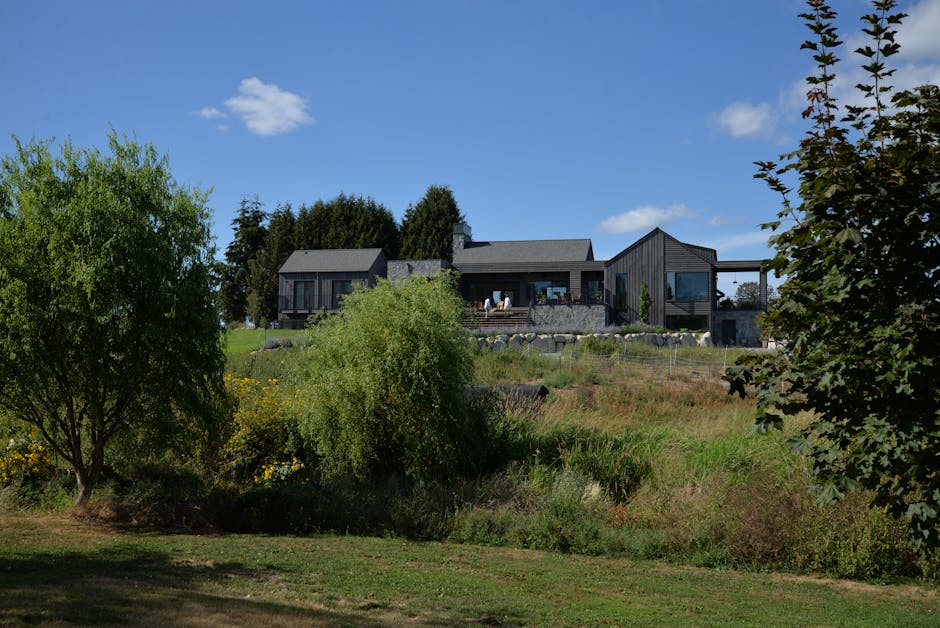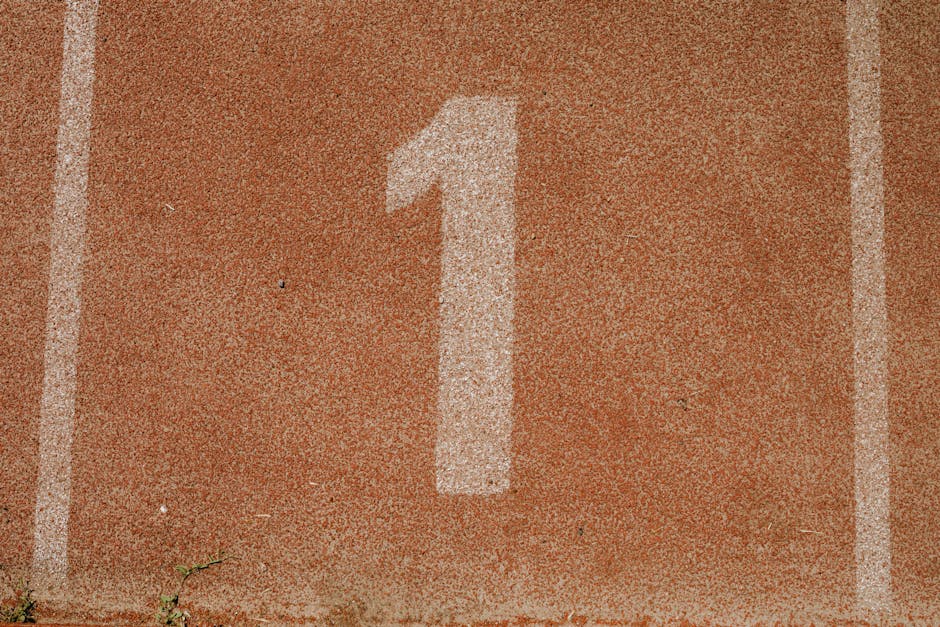Louis C.K. Sparks Debate Over Comedy\ Festival”>Riyadh Comedy Festival Performance
Comedian Louis C.K. has ignited fresh controversy with his comments about performing at the Comedy\ Festival”>Riyadh Comedy Festival. In a recent interview, he described his participation as a “positive thing” and “a great way to get in and start talking.” His remarks have reignited discussions about cultural diplomacy, artistic freedom, and the ethical implications of engaging with Saudi Arabia, a country often criticized for its human rights record.
Saudi Arabia’s Vision 2030 and the Comedy Festival
The Comedy\ Festival”>Riyadh Comedy Festival is part of Saudi Arabia’s Vision 2030 initiative, spearheaded by Crown Prince Mohammed bin Salman, which aims to modernize the kingdom’s image and diversify its economy. The festival has attracted international comedians, including C.K., as part of efforts to position Saudi Arabia as a hub for entertainment and cultural exchange.
However, the kingdom’s record on free speech, women’s rights, and LGBTQ+ rights continues to draw global scrutiny. Critics argue that events like the festival are attempts to distract from these issues, while supporters see them as signs of progress in a historically restrictive society.
Louis C.K.’s Perspective on Comedy and Dialogue
For C.K., the festival represents an opportunity to connect with new audiences and foster dialogue. “Comedy is about connection,” he said. “It’s about finding common ground, even in places where you might not expect it. Performing in Riyadh is a positive thing because it allows me to bring my perspective to a new audience and, in turn, understand theirs. It’s a great way to get in and start talking.”
Mixed Reactions to C.K.’s Decision
C.K.’s decision to perform in Saudi Arabia has drawn both support and criticism. Supporters argue that comedy can serve as a powerful tool for cultural exchange, helping to challenge stereotypes and open minds. They view the festival as a step toward greater openness in Saudi society.
Critics, however, question the ethics of performing in a country where dissent is often met with severe consequences. Saudi Arabia has faced widespread condemnation for its treatment of activists, journalists, and political opponents, including the 2018 murder of journalist Jamal Khashoggi. Some argue that C.K.’s participation lends legitimacy to a regime accused of systemic human rights abuses.
C.K.’s Controversial Past and Return to Comedy
C.K.’s own history has added another layer to the debate. In 2017, he admitted to multiple allegations of sexual misconduct, which led to a significant backlash and a temporary hiatus from the spotlight. His return to comedy has been polarizing, and his decision to perform in Saudi Arabia has further complicated his public image.
The Role of Artists in Politically Charged Environments
C.K.’s performance raises broader questions about the role of artists in politically charged environments. Should they use their platforms to challenge oppressive systems from within, or does their participation risk normalizing those systems? There are no easy answers, but the debate highlights the complex relationship between art, politics, and ethics.
Looking Ahead
As Louis C.K. takes the stage in Riyadh, he does so amid a storm of criticism and support. Whether his performance will spark meaningful dialogue or simply serve as part of Saudi Arabia’s rebranding efforts remains to be seen. What is clear is that his decision has placed him at the center of a contentious conversation—one that extends far beyond comedy.
For now, C.K. seems determined to use humor as a bridge to new audiences and, perhaps, new understanding. Whether that bridge leads to change or further controversy is a question only time can answer.
—
NextMinuteNews
Stay informed, stay engaged.




